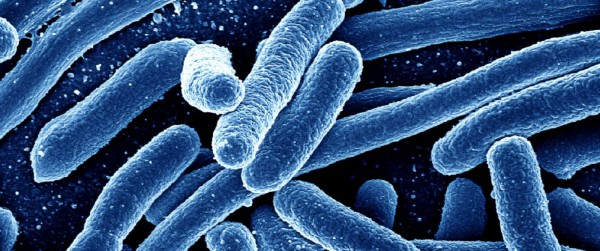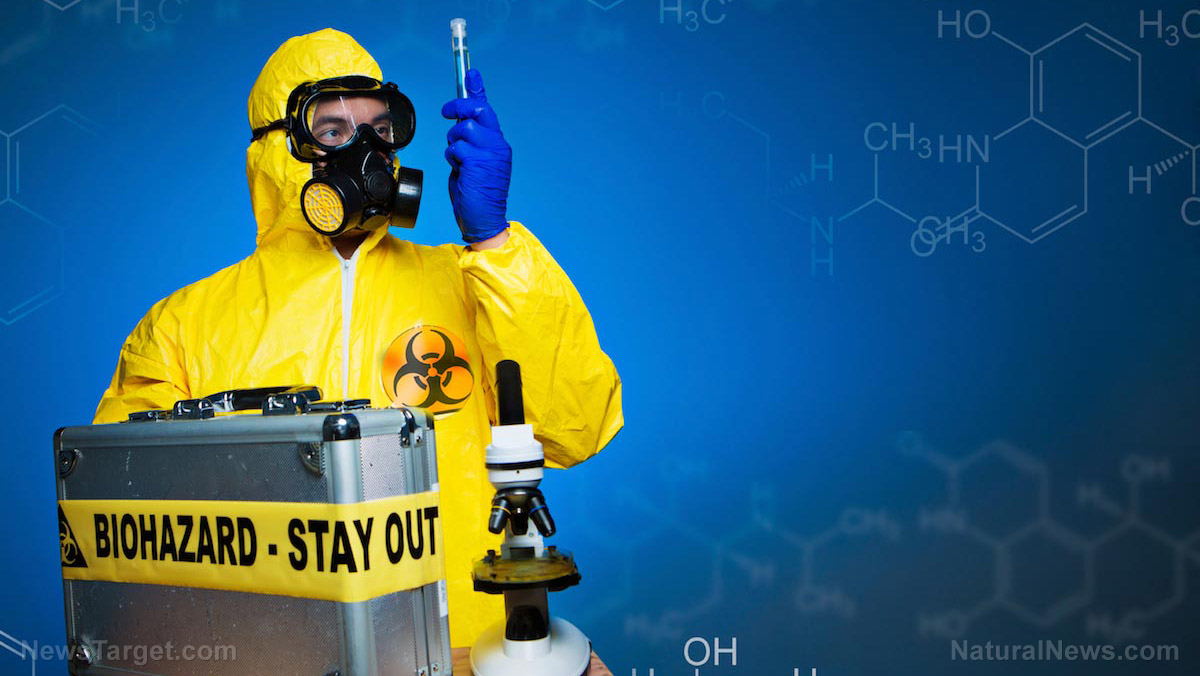
Well, another one has been discovered by researchers: a superbug described as very rare and frightening, and of all places, on a pig farm.
As reported by NBC News, the discovery may mean that raw meat could transfer the dangerous superbugs to humans through consumption.
Researchers said they did not find any pigs that are scheduled to be slaughtered carrying the mutant gene, and they could find no sick pigs. Also, they have not yet found any threat to humans at present. All that said, the researchers noted that the mutant should not have been on the farm in the first place, adding that they had no clue how the superbug got there.
Soon to infect humans?
“It is an extremely rare gene. How it got on this farm, we don’t know,” Thomas Wittum, head of the veterinary medicine team at The Ohio State University—who led the study team—told NBC News.
The gene is called bla IMP-27; it allows bacteria to resist the effects of a certain class of antibiotics called carbapenems, considered a last resort antibiotic, meaning germs that can resist the class are extremely difficult to kill.
What’s worse, researchers noted, the superbug gene is transported on small bit of genetic material called a plasmid, which is easily exchanged. Researchers said they found the material in a number of different species of bacteria on the farm. That tells them the bacteria have been passing the gene around.
Scientists are concerned that the gene will penetrate bacteria that can infect human beings. One type of antibiotic-resistant germ called carbapanem-resistant Enterobacteriaceae, or CRE, can be very dangerous. If they infiltrate the bloodstream and cause an infection, half of victims die from CRE germs.
This past summer, scientists warned about a drug-resistant E. coli sample that was found to be carrying a gene known as mcr-1. In addition, the gene was also found on a plasmid, leading to fears that an E. coli bacteria with the mcr-1 gene may pass it along to another superbug with additional mutations, which would then create a truly super superbug that would be able to resist all antibiotics.
Researchers hypothesize that something similar could also happen with the bla IMP-27 gene that was discovered at the pig farm.
'Real risk' of disseminating into human food supply
Wittum and his research team were analyzing samples that had been turned over to testing labs from pigs that were believed to be carrying bad infections, as well as some samples that had been submitted by farms. The bla IMP-27 gene was found in a single farm sample, Wittum said, who added that he then assigned his team to further examine the farm. They used swabs and swiffers—like the household dusting tool—to collect samples.
“They’re electrostatic, so they are good for taking samples,” Wittum told NBC News.
While visiting the farm researchers swabbed pigs, tested pens, fences and equipment and also took some fecal samples.
The farming operation was moderately-sized and family-owned, said Wittum. He said only that it had 1,500 sows and that the owners raised pigs from pregnancy to slaughter. He did not identify where the farm was located.
He said the team made a number of visits to the farm last year, where sows give birth in tight pens and piglets are then taken to separate pens of 25 apiece after they are weaned. The team found samples of the bla IMP-27 gene in many different samples and in several species of bacteria, including E. coli and Enterobacteriaceae.
The species were also found in some of the sows and piglets, though they appeared to have cleared the germs.
Wittum said the team’s finding was bad news.
“The implication of our finding is that there is a real risk that CRE may disseminate in food animal population and eventually contaminate fresh retail meat products,” the team wrote.
Sources:
Please contact us for more information.























